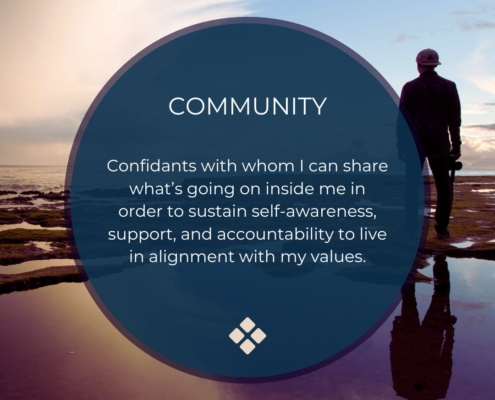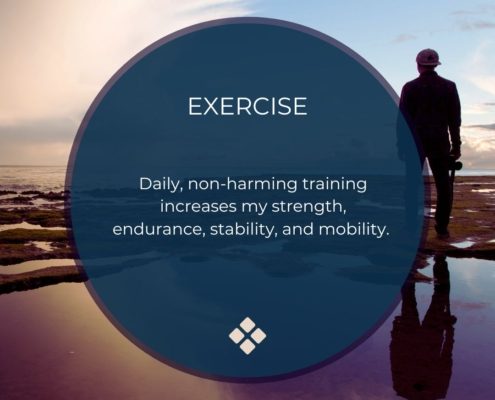Five Ways Leaders Accidentally Create Dishonesty In Employees
Honesty is a key value for any organization. It sets the tone for the kind of culture you are committed to create. It provides consistency in behavior. And it builds loyalty and trust. Honesty is one of the most effective ways to establish the environment that will propel your organization to long-term success. As a leader, the importance you place on honesty can create a culture where your team members feel inspired, empowered, and validated.
Moral dishonesty, such as stealing, padding expense accounts, or lying about results can unfortunately be a part of an organization. More subtle and every bit as important, however, is psychological honesty.
- What is the experience of your team members working in this organization?
- Do people feel free to bring you their concerns, questions, or feedback without fear of reprisal?
- How tense do people feel working around you?
- Can people be honest with you about your leadership?
- And how do you know if people are giving honest answers to these questions? How much are people on your team choosing to be merely polite rather being genuine?
Here are five ways leaders accidently create dishonesty in their team. I say accidently because no one sets out to create a dishonest work environment. Often, however, amid stress, demands, and particularly in a hybrid work environment where we may not be as connected to our team, we may inadvertently overlook some unintended consequences of our behavior.
- A lack of transparency with your team about why you made a decision. If you aren’t modeling honesty, it’s difficult to expect it.
- Unacknowledged stress, tension, and anxiety. It’s tough enough to be honest with your boss. But when you add emotional volatility to the mix, you are inserting a variable of instability which encourages being polite rather than genuine. It is for this reason that leaders must pay close attention to how they act and communicate. To create an honest workplace, you must attend to your inner state. Whether you see it or not, if you have unrecognised strain, tension, and anxiety, your team is likely going to hold back telling you the truth. Volatility breeds unpredictability. And unpredictability breeds dishonesty.
- Talking over people. When we interrupt others rather than sincerely listen, we give the message that we think we are smarter than they are, that they aren’t as valued, and aren’t needed. I, for one, am guilty of this when I’m feeling stressed, pushing for results, and forgetting about the importance of the people on my team.
- Ignoring people’s emotions. One of the biggest mistakes you can make is to ignore your team members’ feelings. This error often occurs when a leader is either unable to deal with their own emotions or are overly focused on tasks and results. The key here is empathy: you will succeed only when you care enough to attend to those around you. You are less likely to increase anxiety in others if you consider how your actions impact them. It’s your responsibility to be attentive to how people around you are doing.
- Defensiveness. This is the big one. If you ask for feedback in these areas, you need to let go of needing to be right to protect your ego. As Steve Covey used to say, “seek first to understand…” That is our work. When people have the courage to bring anything to our attention that creates discomfort in us, our responsibility is to resist the tendency to get defensive and to listen to understand.
In summary, positional leaders impact their employees’ stress and anxiety levels. What they say, feel, and do hugely influences their team’s physical and emotional well-being and how they respond. But sadly, far too few leaders are aware that they have this power. And many are overconfident in their leadership skills, creating a gap between their perceived and actual levels of competence. This explains why even well-meaning bosses may inadvertently contribute to high anxiety levels in their team members and how they inadvertently shut people down.







